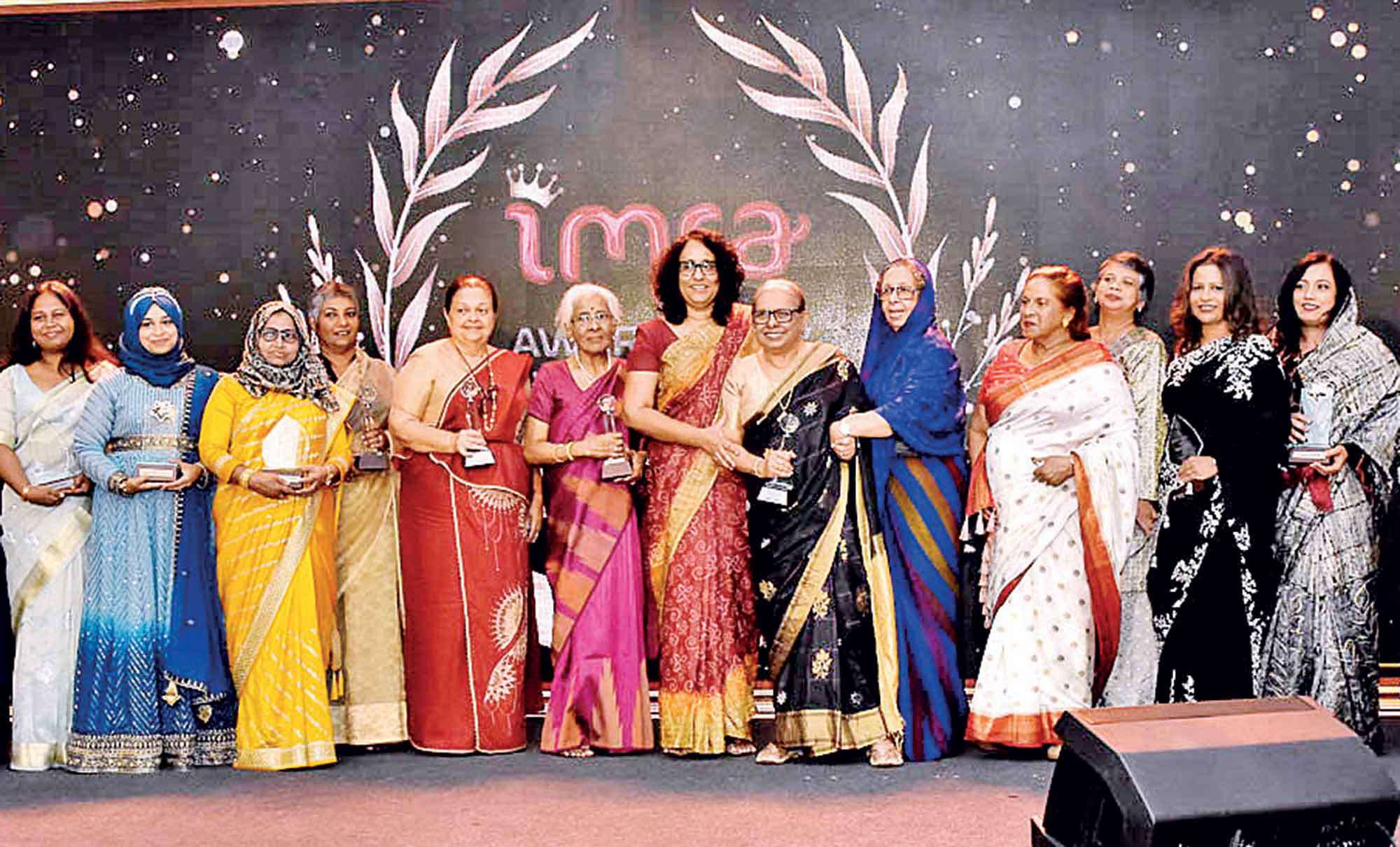
 A report published by the World Health Organization in 2022 (1) identified stigma as the primary threat to addressing mental health in Sri Lanka. Stigma refers broadly to a discriminatory set of beliefs held towards people or circumstances as a result of specific attributes. Mental health stigma can be divided into two major categories, namely self-stigma, and social stigma.
A report published by the World Health Organization in 2022 (1) identified stigma as the primary threat to addressing mental health in Sri Lanka. Stigma refers broadly to a discriminatory set of beliefs held towards people or circumstances as a result of specific attributes. Mental health stigma can be divided into two major categories, namely self-stigma, and social stigma.
Self-stigma refers to the negative views that an individual has of their own struggles with mental illness, whereas social stigma refers to those held by members of the public, professionals, and institutions. Self-stigma can present as feelings of shame and low self-esteem, and often occurs as a result of internalizing societal stereotypes and prejudices. Individuals who experience this may be reluctant to seek help and withdraw from social interactions, resulting in isolation and feelings of helplessness.
Social stigma regarding mental health in Sri Lanka can be largely attributed to deep rooted religious and cultural beliefs. Psychological difficulties are often associated with supernatural phenomena such as karma or spirit possession, resulting in accompanying feelings of fear and shame. As a consequence, families may keep members with mental illnesses hidden from society and turn to spiritual healers for psychological care over therapy or psychotropic medicine. The resultant delay in accessing allopathic care leads to the late diagnoses of mental illnesses and reduced efficacy of available interventions; creating a cycle which reinforces the mentality that ‘Western’ medicine cannot effectively treat psychological disorders.
 It is important to note that social stigma surrounding mental illness is also a systemic issue. Since time immemorial, physical ailments have been given higher priority in the Sri Lankan healthcare system than their psychological counterparts. The lack of resources and funding allocated to the creation of mental health resources in the past has had a significant negative impact on help-seeking behaviors, owing to a lack of faith in the existing infrastructure. In addition, a study published in 2018 (2) found that mental health stigma is not only limited to the mentally unwell individual and their loved ones, but also to mental health professionals. The study reported that over 60% of mental health practitioners had faced bullying as a result of their field of work, and 30% of practitioners had been discouraged from working in the field altogether.
It is important to note that social stigma surrounding mental illness is also a systemic issue. Since time immemorial, physical ailments have been given higher priority in the Sri Lankan healthcare system than their psychological counterparts. The lack of resources and funding allocated to the creation of mental health resources in the past has had a significant negative impact on help-seeking behaviors, owing to a lack of faith in the existing infrastructure. In addition, a study published in 2018 (2) found that mental health stigma is not only limited to the mentally unwell individual and their loved ones, but also to mental health professionals. The study reported that over 60% of mental health practitioners had faced bullying as a result of their field of work, and 30% of practitioners had been discouraged from working in the field altogether.
A key factor that exacerbates mental health related social stigma amongst the Sri Lankan population is the low level of mental health literacy. Many community members lack a comprehensive understanding of how to identify, prevent and manage mental illnesses.
As a result, individuals with psychological disorders are often misperceived as dangerous, violent, lazy, or weak and face discrimination in the workplace, educational institutions and within their societal groups. This ostracization in places of work and study may lead to increased rates of unemployment and correlated financial hardship, thereby resulting in further psychological distress.
Combating mental health stigma is of paramount importance to improving Sri Lanka’s mental health landscape. The primary way in which we can do this is by challenging misconceptions regarding mental health amongst ourselves and our communities, whether by instating programs in schools and workplaces, being vocal on social media or simply having open and honest conversations with loved ones. Other ways to combat stigma include promoting the use of compassionate language, advocating for mental health policy change, fostering inclusivity in career and educational institutions, and encouraging those in need to seek help without judgement. Although stigma poses a big barrier to accessing mental health care in Sri Lanka, it is not insurmountable- and it is never too late for us to band together to advocate for a future where mental health care is accessible to all Sri Lankans!
Citations
- https://iris.who.int/bitstream/handle/10665/364902/9789290210221-eng.pdf?sequence=1
- https://sljpsyc.sljol.info/articles/8174/files/submission/proof/8174-1-28349-1-10-20180628.pdf










